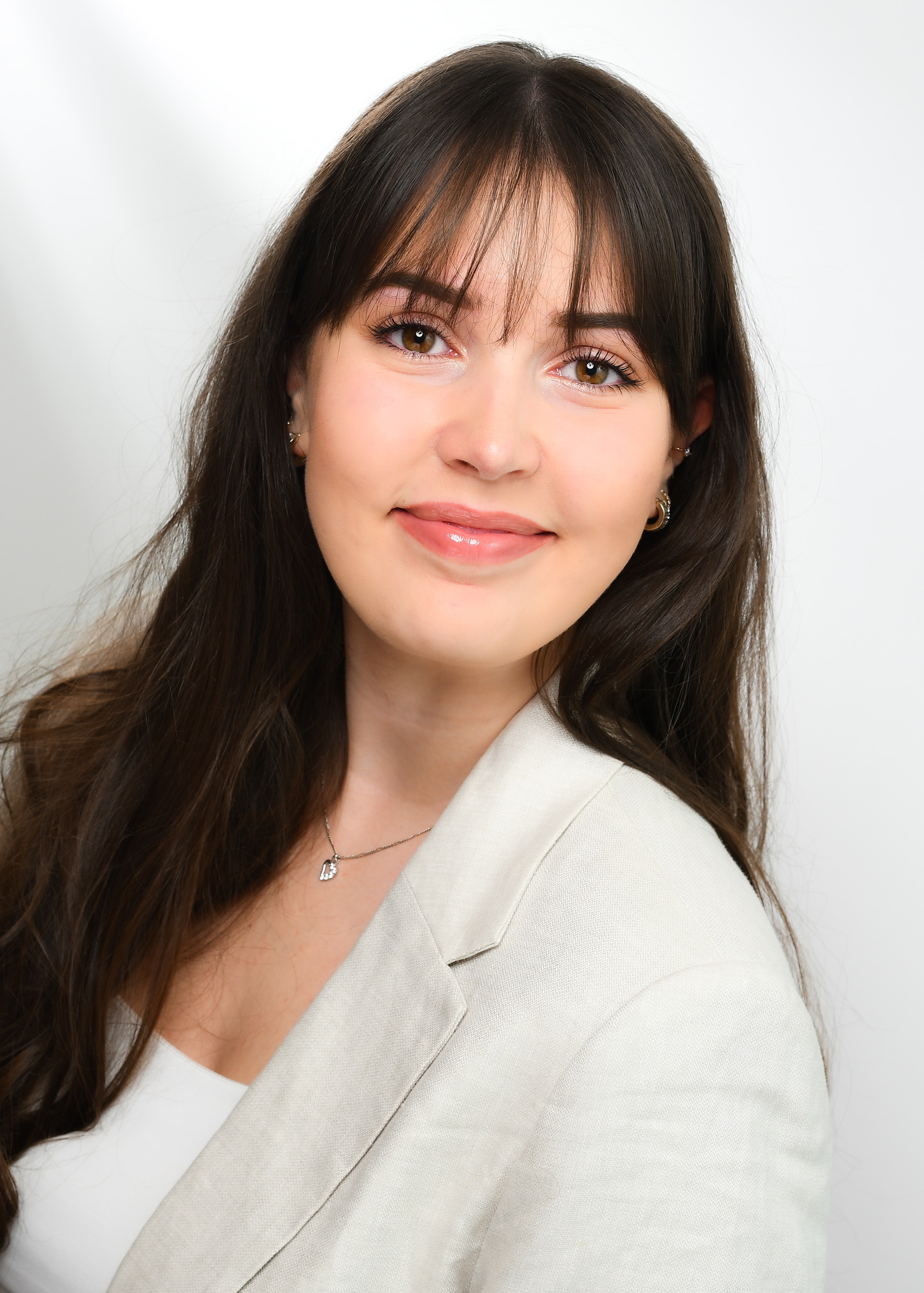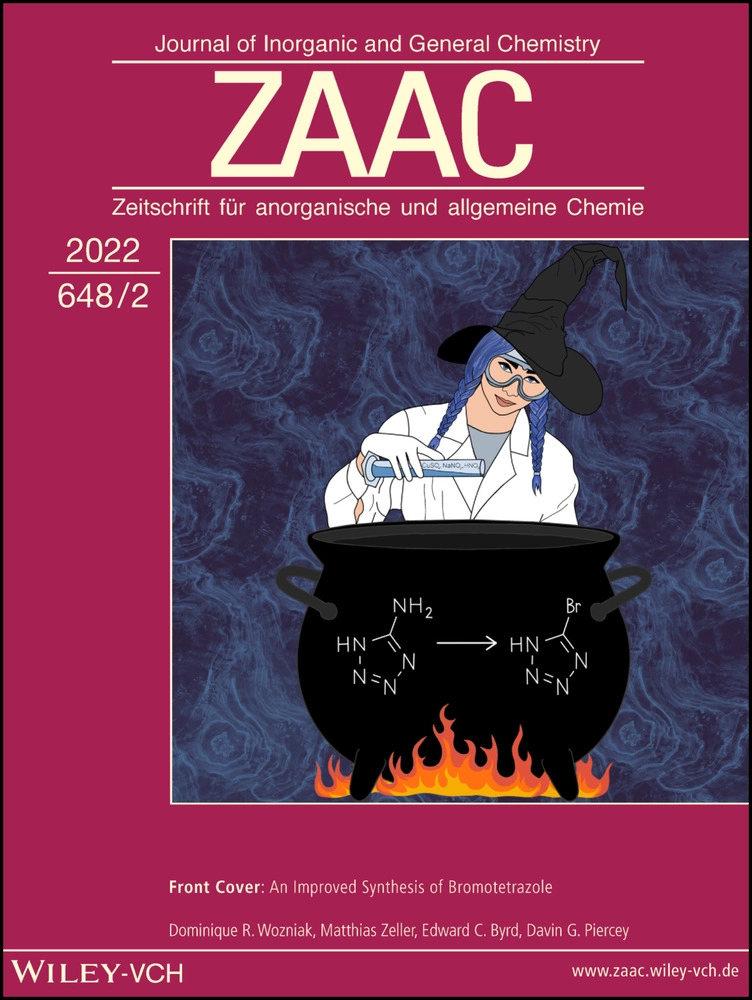News
First pentasilacyclopentadienide reported by Ankur!
Congratulations to Ankur from the Scheschkewitz group on his fantastic work on the stable all-silicon analog of the iconic cyclopentadienide published today in Science (https://doi.org/10.1126/science.aed1802).
After almost half a century of pursuit by chemists worldwide, silicon aromaticity takes a big leap forward. According to experimental and computational evidence, the five-membered ring of the pentasilacyclopentadienide walks the edge between resonance and equilibrium.
Kudos to those undergraduate students who always “claimed” that both are the same. In a mind-boggling twist of fate, the group of Takeaki Iwamoto (Sendai, Japan) obtained precisely the same compound as we at Saarland University, only by a different route, now published in the same issue as our results (https://doi.org/10.1126/science.aed0168)
Farewell to Dr. Anna-Lena Thömmes and Dr. Philipp Grewelinger
We warmly congratulate Anna-Lena Thömmes and Philipp Grewelinger on successfully completing their doctoral theses and would like to express our sincere appreciation for their outstanding contributions to the Scheschkewitz group.
We are pleased to see them continuing their professional journey at Paul Sabatier Université Toulouse III (Bourissou group) and the University of California, San Diego (Bertrand group).
We wish them continued success and best of luck in the future.
Don’t be strangers!
Join the team!
Join the team! The DFG-funded Research Training Group Ec=m2 has launched its recruitment campaign today. Starting from 1st October 2025, we seek to fill 10 PhD Scholar positions in different participating groups across chemistry, material sciences and physics as well as the position of a Scientific Coordinator and a Postdoc in Surface Characterization.
We can’t wait to get started!
For details, please visit https://www.uni-saarland.de/forschen/ecm2.html!
Poster award for Ankur at the ICOMC in Agra
Congratulations to Ankur for the best poster award at the 30th International Conference on Organometallic Chemistry in Agra, India. He presented part of his ongoing PhD work on the synthesis of two isomeric Si10 siliconoids. Great job, Ankur!
Farewell to Eveline Altmeyer and welcome Henrike Waller
After 40 years as lab technician at Saarland University, Eveline Altmeyer retired in May 2024. We are extremely grateful for her outstanding work and loyalty to the groups of Michael Veith initially and since 13 years to our present group. All the best for this new phase in your life, Eveline. Stay in touch!

Our new lab technician, Henrike Waller, takes over Eveline’s responsibilities. She completed her apprenticeship in our group in June 2024 with overwhelming success. Congratulations and welcome as a new member of permanent staff, Henrike.

Farewell to Dominika Posse and welcoming Emily Klein
Farewell to Dominika Posse and welcoming Emily Klein
After two years of dedicated service as administrative assistant at the Chair in General and Inorganic Chemistry, Dominika Posse will be moving on in August 2024. All the best to you and your family, Dominika. You will be sorely missed.
Emily Klein will take over Dominika’s responsibilities. Welcome to the team, Emily! We look forward to working with you.

Skilizium 2024
We have been hosting this year’s Skilizium in Berner Oberland, Switzerland, organized by Anna-Lena Thömmes from our group. Overall seven research groups for Saarbrücken, Freiburg, Bielefeld, Tübingen and Heidelberg (Scheschkewitz, Munz, Krossing, Mitzel, Schnepf, Greb, Himmel) have attended this annual meeting on inorganic chemistry. The scientific sessions with numerous talks by PhD students in an informal setting included critical discussions on the latest results and current synthetic challenges. The social program (skiing, hiking and communal cooking in the evenings) rounded an excellent workshop experience. We are already looking forward to next year’s Skilizium to be organized by the Greb group (Heidelberg)!
Skilizium 2022
We were finally able to share and discuss our research again in person at the first "Skilizium"-Workshop after two years of pandemic situation. Besides the interesting talks presented by the groups of Krossing (Freiburg), Mitzel (Bielefeld) and Himmel (Heidelberg), we also enjoyed the beautiful sourroundings in Champéry and challenged our sporty sides when hitting the slopes in the mornings.

Happy and honoured to have joined C. Limberg, T. Fässler and G. Qian as editor of Zeitschrift für anorganische und allgemeine Chemie @WileyVCH since January. Looking forward to receive your exciting results in molecular main group chemistry and beyond.

Kekulé Fellowship by the Fonds of the Chemical Industry awarded to Anna-Lena Thömmes
Congratulations to @ALThoemmes, the carnival enthusiast @scheschkewitz group, for the award of a Kekulé Fellowship by the Fonds of the Chemical Industry @chemieverband. Well done, Anna-Lena!
She will be continuing her research on Ge=Ge polymers https//:http://rdcu.be/cf4q6.

Alexander von Humboldt-Postdoctoral Fellowship awarded to Nasrina Parvin
Congratulations to Nasrina Parvin from the group of Shabana Khan at IISER Pune on the award of a Postdoctoral Fellowship by the Alexander von Humboldt-Foundation. She will be carrying out research in our group on novel silicon heterocycles starting next year. We are looking forward to welcome Nasrina in Saarbrücken.
Saarbrücken chemists develop Germanium-variety of industrially important synthetic process
Olefin metathesis is a chemical process for the formation of carbon-carbon double bonds (C=C) that predominantly finds application in the petrochemical industry, in polymer synthesis and in the manufacture of pharmaceuticals. Up until now, this metathesis reaction was limited to alkenes (olefins) with C=C bonds. Chemists at Saarland University have now developed a means of getting double bonds of the element germanium to undergo a metathesis reaction. The study has recently been published in the highly respected journal Nature Chemistry.
The formation of double bonds between two carbon atoms (C=C) is of central significance in natural organisms. The vast majority of natural substances therefore contain one or more of these double bonds. Compounds with C=C double bonds, the alkenes or olefins, also play a prominent role in the organic chemical industry. A great many chemical processes have therefore been developed over the years to control the formation of C=C bonds.
One such process, olefin metathesis, has received particular attention over the last few decades and the 2005 Nobel Prize for Chemistry was awarded in recognition of its significance.
Despite the many parallels between carbon and the heavier members of the carbon group (Group 14) of the periodic table, olefin metathesis was only of practical significance when compounds containing C=C bonds were involved. This seems somewhat surprising given the fact that double bonds between the heavier elements of the carbon group are considerably weaker than a C=C bond and are thus more easily cleaved.
David Scheschkewitz, Professor of Inorganic and General Chemistry at Saarland University, Lukas Klemmer and Anna-Lena Thömmes from his research group and Volker Huch and Bernd Morgenstern from the X-ray Diffraction Service Centre have developed and characterized a new class of germanium-based heavier alkene analogues whose Ge=Ge bond exhibits just the right degree of stability to participate in synthetically useful metathesis reactions.
The Scheschkewitz group employed the new methodology to synthesize the first long-chain polymers containing double bonds between heavier elements. In the near future, the researchers hope to extend the concept to other elements of the periodic table, which could be of potential use in developing novel materials for applications in the field of organic electronics. ‘The underlying principle is simple and could also be applied in organic chemistry,’ explains Professor Scheschkewitz.
Potentially, this could also provide a means of carrying out olefin metathesis reactions without the precious-metal catalysts needed in the traditional approach.
Further information:
Prof. Dr. David Scheschkewitz
Tel.: +49 (0)681 302-71641
Scheschkewitz group website: https://www.uni-saarland.de/lehrstuhl/scheschkewitz.html
Email: scheschkewitz(at)mx.uni-saarland.de
The article ‘Metathesis of Ge=Ge Double Bonds’ is available here (DOI):
https://www.nature.com/articles/s41557-021-00639-9
Showcasing collaborative research from the group of Prof. David Scheschkewitz and BASF SE.
Back cover in Dalton Transactions resulting from a fantastic collaboration with @KingaLesSaar and @BASF
showcasing the power of the flexible coordination of Cp*. Well done everyone.

![[Translate to englisch:] [Translate to englisch:]](/fileadmin/upload/lehrstuhl/scheschkewitz/logo-klein.jpg)




